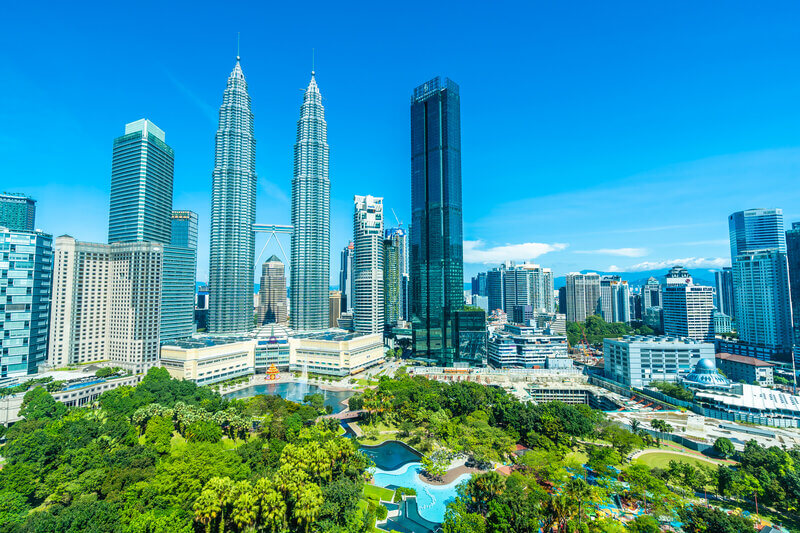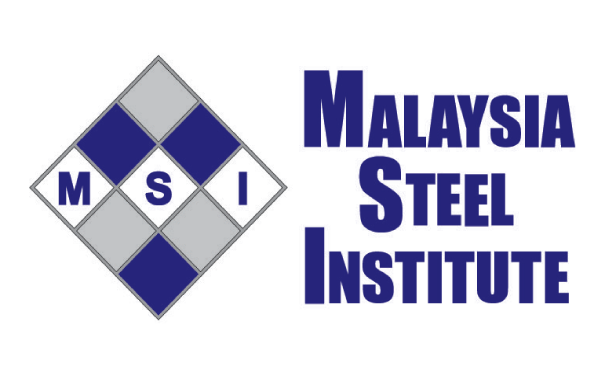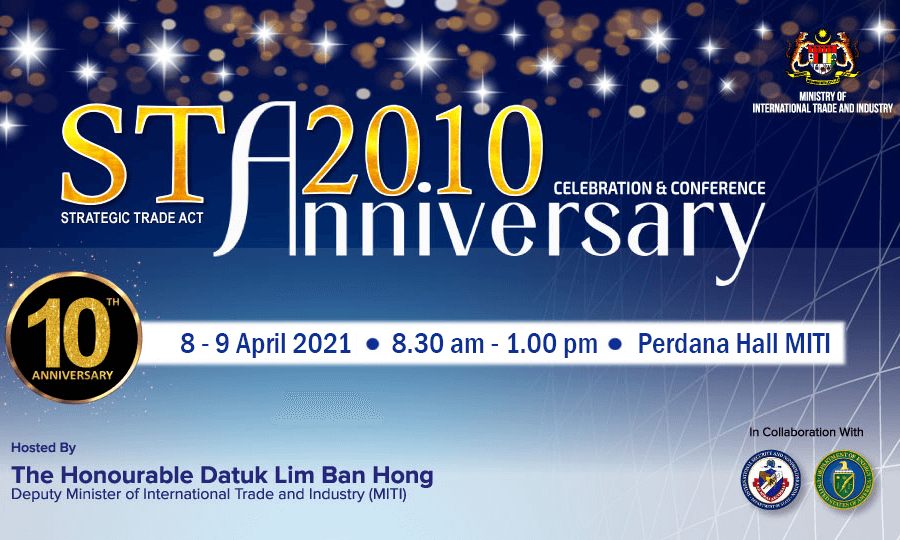27TH ASEAN Ministers’ (AEM) Retreat Rounded Off With Unified Resolutions
Navigating the Regional Economic Integration Agenda

The virtual 27th ASEAN Economic Ministers’ (AEM) Retreat was held from 2-3 March 2021. Senior Minister and Minister of International Trade and Industry, Dato’ Seri Mohamed Azmin Ali, alongside nine other ASEAN Economic Ministers had a productive deliberation in navigating the regional economic integration agenda which is particularly significant in our current time of economic uncertainties due to the COVID-19 pandemic.
With the ASEAN Comprehensive Recovery Framework (ACRF) and its Implementation Plan in place as the region’s recovery tool, the ASEAN Ministers pledged to work intensively in exploring all avenues in order to deepen and broaden regional integration in various areas of mutual interest that would contribute to sustainability of livelihoods as well as regional economic resilience in ASEAN and beyond.
Moving forward, in line with the Leaders’ mandate at the 37th ASEAN Summit, the Economic Ministers are looking at expanding the list of essential goods under the Memorandum of Understanding on the Implementation of Non-Tariff Measures on Essential Goods under the Ha Noi Plan of Action on Strengthening ASEAN Economic Cooperation and Supply Chain Connectivity in response to the COVID-19 Pandemic that was signed in November 2020. The initial list of essential goods was the early harvest of the ACRF, which saw ASEAN committing to 152 products covering items in the category of medicines and medical equipment. During this Retreat, the ASEAN Economic Ministers agreed to focus on adding on more products to this list, from the food and agriculture category.
The pandemic has also brought to light existing gaps in the Global Value Chains (GVCs) resulting from unexpected extreme fluctuations in demand and supply of essential products. The Economic Ministers concurred in unison for the need to further deepen ASEAN’s participation in GVCs to boost intra-ASEAN trade and investment which would enable greater businesses and job opportunities, especially for ASEAN to build back regional resilience during this global reordering.
Malaysia strongly believes that the ratification of RCEP would contribute towards this direction which would effectively create GVCs among the 15 RCEP participating countries covering one third of the world’s population. This will help re-engineer both demand and supply that would help boost recovery as well as further spur the growth of economies across the RCEP regions.
Malaysia will undertake efforts to expedite the ratification of RCEP by 2022. Malaysia also stands supportive of Brunei Darussalam’s well-thought out Priority Economic Deliverables under its Chairmanship of ASEAN 2021, which puts much needed focus in accelerating the region’s economic recovery from the pandemic as well as illustrate pertinent areas and global megatrends that ASEAN embraces.
Malaysia as the country coordinator for ASEAN-India economic relations, had the honour to lead the discussion with the ASEAN Member States on the much-anticipated review of the ASEAN-India Trade in Goods Agreement (AITIGA), whereby a scoping paper has been developed by the ASEAN Secretariat and submitted to India for their comments. Subject to the outcome of the scoping exercise, the AIFTA Joint Committee will be activated to undertake the actual review. ASEAN is poised to leverage on its position to work towards enhancing the AITIGA to make it more user friendly, simple, and trade facilitative for businesses.
At this Retreat, the Economic Ministers also had the opportunity to engage with the private sector representatives from the ASEAN Business Advisory Council (ASEANBAC) and thanked them for their relentless support and contribution in pursuing the AEC agenda through valuable recommendations and insights. Malaysia underscored the importance of Public-Private collaboration and concurred with the views presented, that intense focus and priority should be given to the issues of trade facilitation in particular addressing trade distorting Non-tariff measures (NTMs) and Non-tariff barriers (NTBs), and embedding the ASEAN Circular Economy Framework.
As we move forward closer to 2025, Malaysia pledged support to ASEAN to continue to work in solidarity with Member States in the process of developing a sound and holistic Post-2025 Vision across the three pillars of ASEAN as this visioning exercise is imperative to pave the way for sustained, resilient and vibrant growth in this region.






.png)






